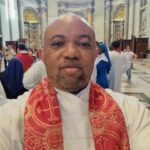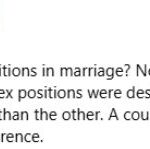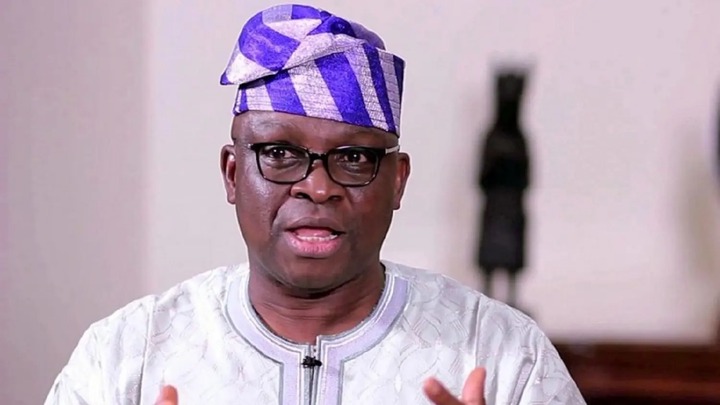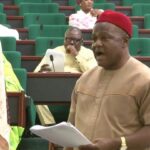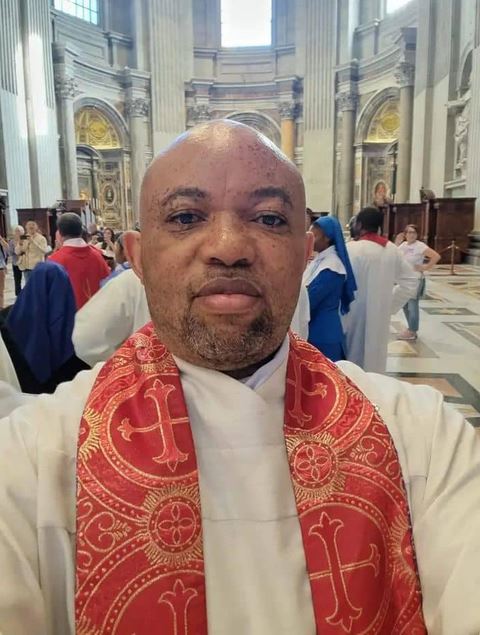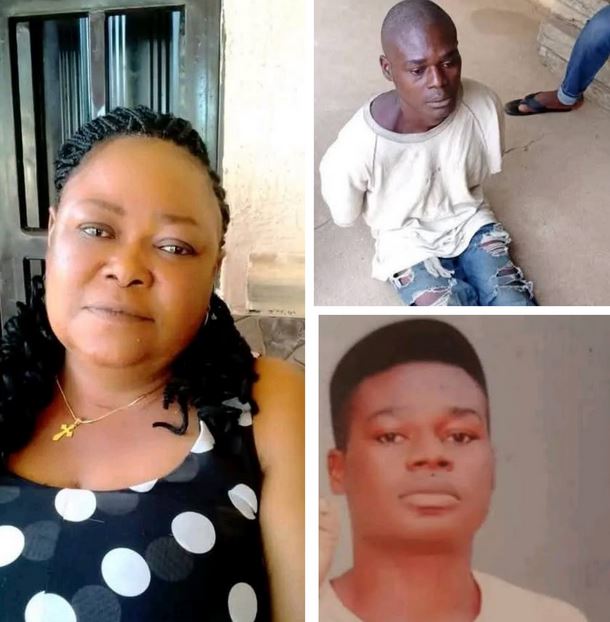The ongoing trial of former Ekiti Governor, Ayodele Fayose, facing allegations of N6.9 billion fraud and money laundering, has been adjourned to July 1, 2024, due to the absence of the presiding judge, Justice Chukwujekwu Aneke.
Court officials confirmed that Justice Aneke was away on official assignment, necessitating the postponement.
The case, which has captured public interest due to the high-profile nature of the accusations and the defendant, involves charges against Fayose and a company, Spotless Investment Ltd.
The Economic and Financial Crimes Commission (EFCC) has charged them with 11 counts of fraud and money laundering. The charges relate to alleged financial improprieties totalling N6.9 billion.
Fayose was initially arraigned on October 22, 2018, before Justice Mojisola Olatoregun. However, following a petition by the EFCC, the case was reassigned to Justice Aneke.
Despite the change in judiciary hands, Fayose has maintained his innocence, pleading not guilty to all charges and continuing on bail initially set in 2018 at N50 million with like sureties.
Since being re-arraigned before Justice Aneke on July 2, 2019, the EFCC has actively pursued the case, presenting witnesses to substantiate the allegations.
According to the commission, Fayose, with the aid of his aide, Abiodun Agbele, unlawfully acquired N1.2 billion on June 17, 2014, purportedly to fund his gubernatorial campaign in Ekiti State.
The EFCC alleged that this sum was part of the proceeds of the crime.
Further allegations detail Fayose receiving a $5 million cash payment from then Minister of State for Defence, Senator Musiliu Obanikoro, bypassing financial institutions, an act that contravenes financial regulations.
Additionally, Fayose is accused of retaining N300 million in his account and controlling approximately N622 million, both sums flagged as crime proceeds.
The charges extend to acquisitions made by Fayose, including properties in Lagos and Abuja funded through these illicit funds, and using N200 million from crime proceeds to purchase a property in the name of his elder sister, Moji Oladeji.
These alleged offences are said to violate multiple sections of the Money Laundering Prohibition Act of 2011.
As the trial awaits its continuation in July, the legal proceedings remain a focal point of attention, reflecting ongoing efforts to address corruption and enforce accountability among Nigeria’s political elite.

